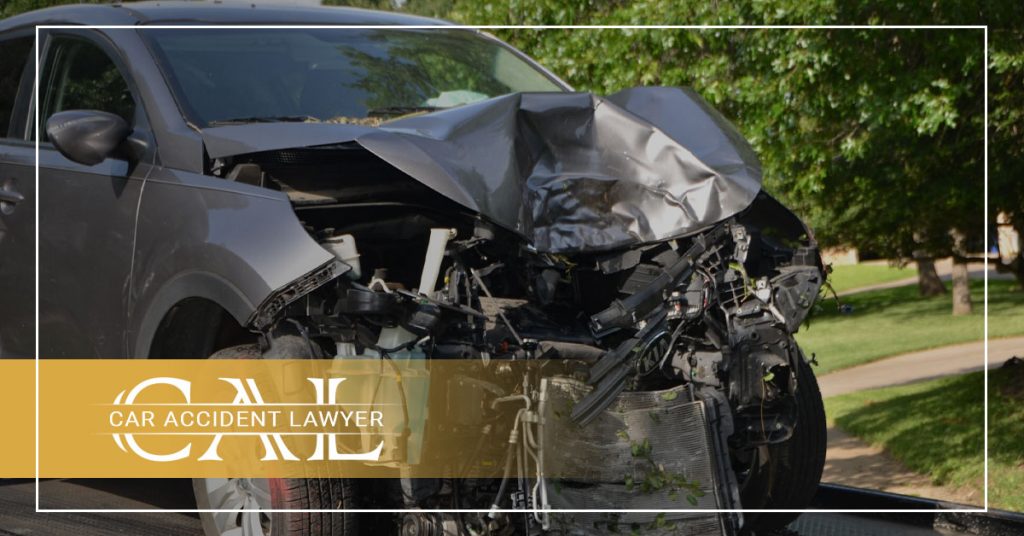Every auto accident is different from the other; some result in injuries, others don’t. With 6 million car accidents occurring every year, it’s important to know how to prepare for any collision. There are circumstances where your auto accident injuries may not show up right away.
If this is the case, any legal action you might want to take becomes more complicated. Regardless, you still have options. This guide will go through everything you need to know. Keep reading to learn more.
Seek Medical Attention
After you get into a car accident, your body is filled with adrenaline and endorphins. This is why so many athletes continue to play even when they’re injured; it’s because they don’t feel it until their body has calmed down.
This heightened energy after a car crash can also result in a lack of pain. It’s not always the case, but it can explain why many people don’t feel car accident injuries right away. It’s important to remember that just because you feel fine doesn’t mean you should avoid a trip to the doctor.
After a collision, you’ll want to call 911. This will bring medical personnel and police to the site of the crash.
If you’re able to, try to gather as much evidence as possible. Photos and videos of the accident and the location also talk to any witness and get their information. The police and medical report, as well as your evidence, can come in handy if you need to make a claim in the future.
You might want to avoid these complicated steps if you don’t think you’re injured, but it can benefit you down the road when you do begin to feel those delayed injuries.
What Type of Injuries Might Be Delayed?
There are common accident injuries that occur at the time of the crash. Others are more obvious after a short period of time. If you were recently involved in a collision, a headache might not just be a traditional headache.
Head or neck pain could be an indication of something more serious. Let’s take a look at some of the most common delayed injuries.
Headaches
This can be confusing if you suffer from chronic headaches already but pay attention to the severity of the pain and the location. This can be a sign of a concussion, whiplash, neck injury, brain injury, or even a blood clot. It might not only be a physical concern; it could also be PTSD.
Back Pain
If you’re starting to feel back pain, this can indicate a whiplash-related injury, especially if it’s in the lower back. It could also mean a herniated disc, sprain, or potential muscle damage.
Back pain might involve numbness or tingling. This is a sign of pinched nerves.
Numbness or Tingling
Speaking of numbness and tingling, these sensations tend to indicate a herniated disc that presses up against the spine’s nerve. That pinching causes tingling, numbness, and pain, as well as other sensations all over your body. You might also notice a weakness in the limbs.
Abdominal Pain
One thing you’ll really want to be cautious about is abdominal pain. This could indicate an internal, soft-tissue injury that can be quite serious, even fatal. If you feel abdominal pain after the incident, you need to get to the hospital, even if it’s been a few days.
Internal bleeding is often accompanied by dizziness, deep bruising, and headaches.
Neck or Shoulder Pain
Whiplash is a very common catch-all term for several different injuries after an accident. Neck or shoulder pain is one of those injuries that is a sign of whiplash. It could also indicate a spinal injury.
Emotional Pain
Although people tend to emphasize physical injuries, there is emotional pain you might be going through. This includes anxiety, depression, or even PTSD. It could be from the accident itself, from the injuries, or a combination of the two.
Wait Before You Settle
After a car accident, you may get contacted by the other driver’s insurance company. They’ll likely want you to sign a release of any claims you might have. They might even try to convince you to sign by offering you money.
Do not sign this right away. Wait until you’ve been looked at by a medical professional. You should also wait long enough to check and see if any of the aforementioned injuries are revealed.
If you’re unsure how long that might take, a doctor can give you the most accurate timeline.
The last thing you want is to sign this release, you get a delayed injury, and then you aren’t able to go to your insurance company to have them pay for your medical treatment. As soon as you sign that release, you waive your legal right to pursue compensation.
What Should You Do Next?
The best course of action, outside of not signing that release, is working with an attorney. They’ll be able to work with your doctor, gather evidence, and demonstrate to the court that you have ongoing injuries. They’ll fight for you to get the compensation that you need, so you can focus on resting and healing.
Car accidents are stressful and have the potential to be fatal. To minimize the risk of an accident, you can always do your part by being a defensive driver and always keeping your attention on the road.
However, even the safest driver might get into an accident, so it’s still important to know what to do if you’re ever in this position.
Delayed Auto Accident Injuries
There might also be times when your auto accident injuries are delayed. Instead of figuring out what to do when it’s too late, knowing ahead of time will save you time and money.
Did you get into a car accident and need legal help? Then you’ll want to contact us today. We can answer any of your questions or schedule a consultation.

